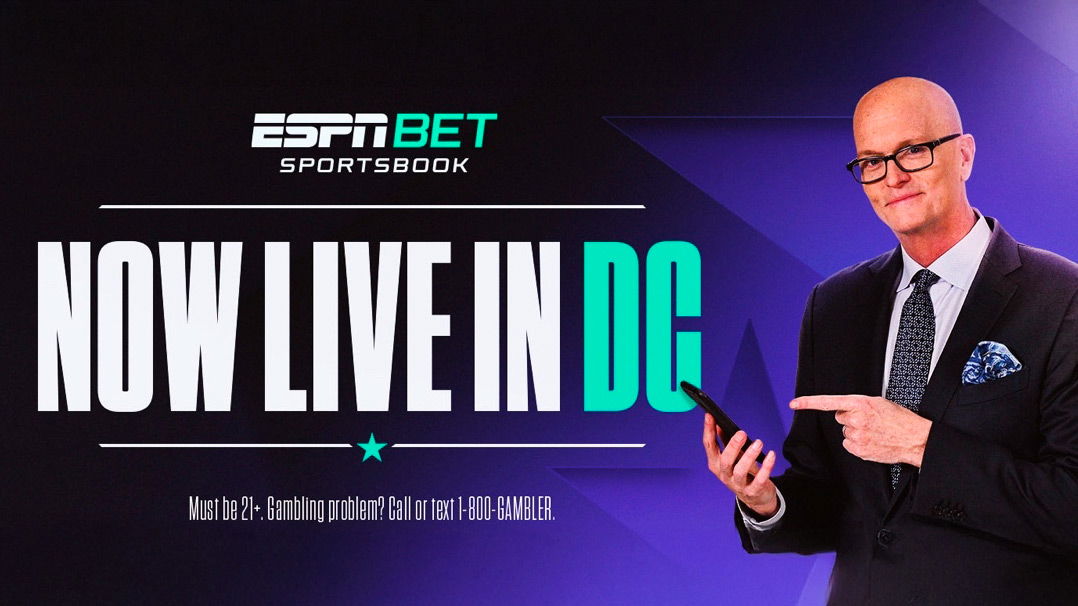Swedish regulator backs expanded credit gambling ban, but asks for clarity on rules and regulations

Sweden's gambling regulator Spelinspektionen has expressed support for a proposed comprehensive ban on gambling with credit, while also calling for greater clarity on the new rules and regulations.
Under current laws, licensed operators are already prohibited from offering or providing credit for gambling. However, the Ministry of Finance's proposal in February aims to extend this ban, preventing state operators and gambling agents from processing deposits or bets financed by credit, including credit cards.
The proposals also emphasize the need for licensees to implement duty-of-care measures to discourage excessive gambling. Spelinspektionen would be authorized to set requirements for these action plans.
Spelinspektionen, while largely supportive, has raised concerns regarding the proposals. One significant issue is the exclusion of certain parties, such as non-profit associations that sell bingo games or lotteries, from the ban.
These entities do not accept payments by bank card, but they do sell tickets through digital channels. The regulator calls for measures to ensure these transactions are not financed by credit cards or third-party credit.
"The memorandum lacks an analysis regarding the consequences that this situation may entail for the public benefit lotteries," Spelinspektionen stated.
The regulator also highlighted ambiguity in the proposed rules, particularly concerning the interpretation of the term "credit." Current proposals refer to an extended credit ban on consumers using account credits to gamble. Spelinspektionen noted that credit linked to a bank account is also considered account credit.
This could imply that license holders and gambling agents need to ensure a credit space is not used for payments with debit cards. However, the proposals do not mandate investigative duties for licensees or agents to verify if a debit card has a credit limit with every purchase.
Furthermore, the proposals do not specify whether licensees and agents must introduce technical solutions or agreements with payment service providers to ensure payments are not made through a credit facility linked to a debit card.
"Spelinspektionen instead interprets the proposal as meaning license holders and agents may not allow such a payment if it is possible for the payee to discover without special investigative measures that the payment is made with a credit," the regulator said. "The scope of the proposed credit ban regarding debit cards could, for the reasons stated, be specified more clearly."
If Sweden proceeds with the planned ban, it will join several other major markets in prohibiting credit gambling. The UK implemented a similar ban in April 2020, with the Gambling Commission reporting a smooth transition and no unintended consequences. Australia also moved to ban credit card gambling with the Interactive Gambling Amendment Bill 2023. Norway, Brazil, and several other countries have enacted similar measures.

















































